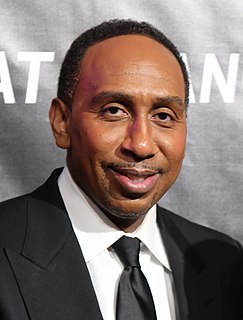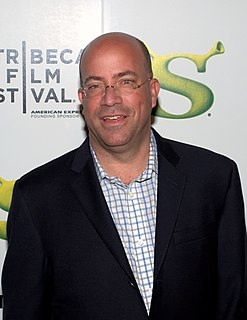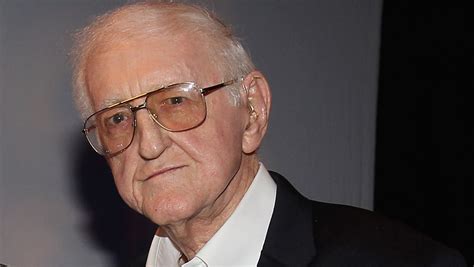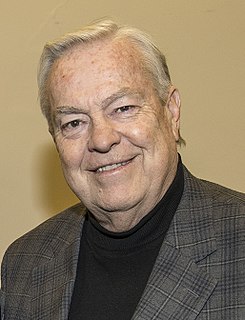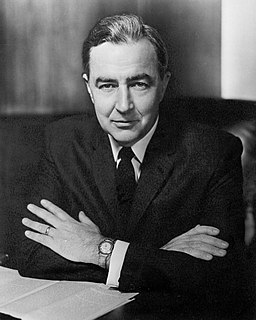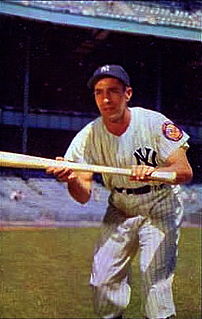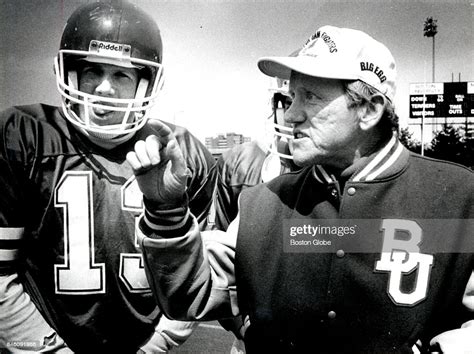A Quote by Stephen A. Smith
When you think about advertising, it's understanding that whether it's newspaper, radio, or television, you have to know how to advertise, how to market, because ultimately, everything comes down to ratings and revenue or ratings and subscribers and revenue, whether it's newspapers or radio or television.
Related Quotes
Every single television product has the ambition to chase ratings, every one of them. Many have other ambitions, for many, ratings are not #1. But my experience on TV, and on the entertainment side, has been entirely ratings-based. When I look at TV I look at ratings. And I never second guess ratings. Never.
I think figuring out how to do the best job you can, because frankly, no matter what gender you are - in television news - you're all measured by the same thing: which is the news you make or break, and the ratings you are able to deliver. But, how the audience hears you - or how the interviewer does - is also interesting.
There is danger in the concentration of control in the television and radio networks, especially in the large television and radio stations; danger in the concentration of ownership in the press...and danger in the increasing concentration of selection by book publishers and reviewers and by the producers of radio and television programs.
Depressions, local and larger strikes, boom times, wars, repressions, all impact a life as do epidemics such as AIDS and pollution that may take years off a person's life. We all, whether we like it or not and whether we acknowledge it or not, are impacted by the racial attitudes we carry within us, and experience in some form every time we turn on the television, the radio, go to a movie, read a magazine or a newspaper, or walk down the street.
